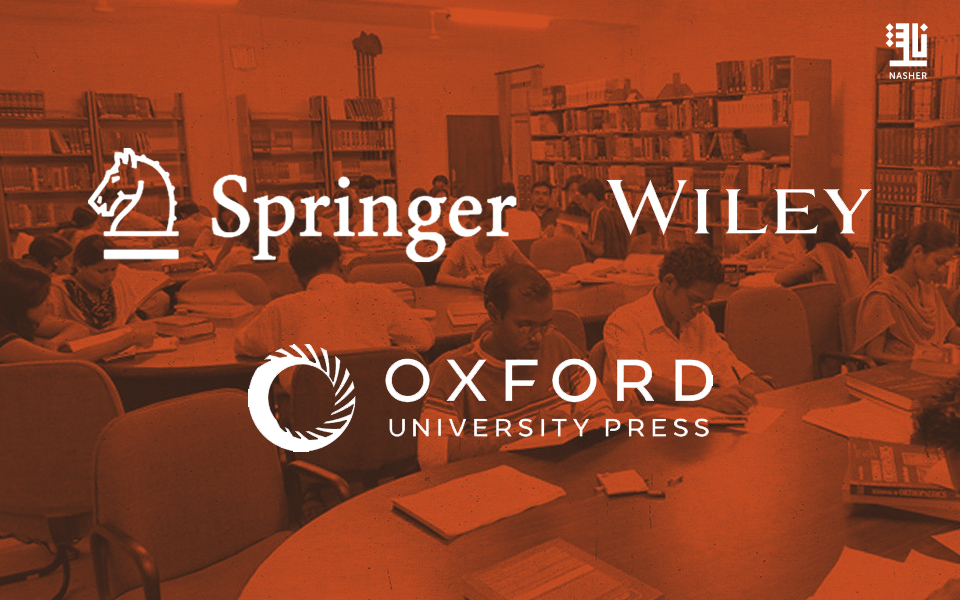India’s academic publishing landscape has undergone significant transformation over the last few decades, with international publishers increasingly establishing a strong foothold. Despite the high prices of their books, foreign academic publishers like Springer, Wiley, and Oxford University Press have gained considerable influence within Indian academia. Several factors contribute to their success.
First, Indian universities and research institutions seek high-quality, cutting-edge materials, and international publishers often provide such content, ensuring global standards of scholarship. The desire to keep up with global research trends and access to the latest studies makes institutions willing to invest in these expensive resources.
Another reason for their success is the strategic partnerships these publishers form with Indian universities, granting access to e-resources, journals, and digital databases. These partnerships are often subsidized by universities, reducing the burden on students and researchers. Additionally, international publishers collaborate with Indian academic institutions on conferences, workshops, and research projects, reinforcing their presence in the country.
To mitigate the cost burden on Indian students, domestic publishers play a crucial role. Many Indian publishers acquire distribution rights for academic works published internationally. They produce affordable, locally printed editions of these books, making them accessible to a broader audience. These editions, often printed on cheaper paper and with simpler binding, help lower the costs while retaining the quality of the content. This model of popular editions ensures that Indian students and researchers have access to vital academic resources without being overburdened financially.
While international publishers have succeeded due to their quality and partnerships, the collaborative role of Indian publishers in reducing prices is vital in democratizing access to global academic knowledge within the country.







